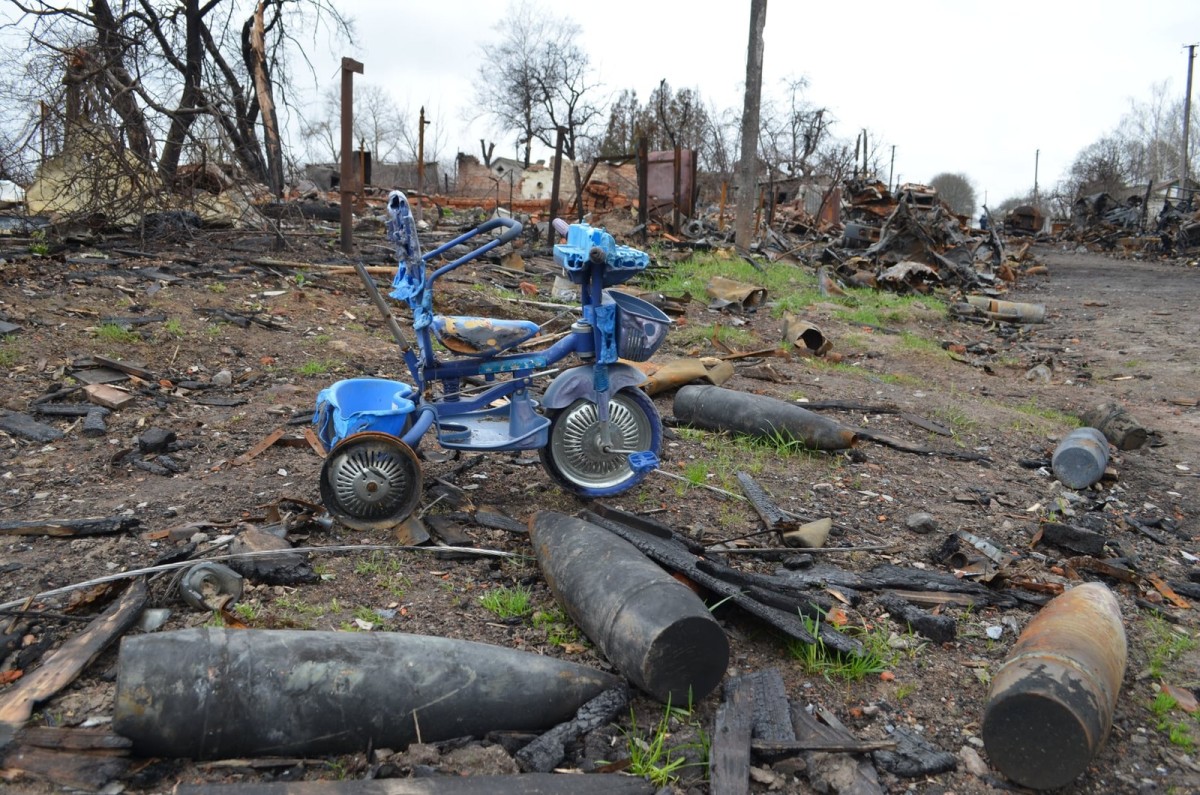Sponsored Content
UNODC: War is Transforming Ukraine's Criminal Landscape
The war in Ukraine has significantly altered the country's criminal landscape and caused considerable social and economic damage. In a report, the United Nations Office on Drugs and Crime (UNODC) examined the development of organized crime in the fourth year of the war and found that criminal groups have adapted their business models to the new reality.
 Like any war, the consequences are far-reaching and serious for society. The war in Ukraine also has serious consequences for crime in Ukraine, which it exacerbates. / Picture: © Wikimedia Commons / State Emergency Service of Ukraine/ CC BY-SA 4.0 (https://creativecommons.org/licenses/by-sa/4.0)
Like any war, the consequences are far-reaching and serious for society. The war in Ukraine also has serious consequences for crime in Ukraine, which it exacerbates. / Picture: © Wikimedia Commons / State Emergency Service of Ukraine/ CC BY-SA 4.0 (https://creativecommons.org/licenses/by-sa/4.0)
Since the start of Russia's full-scale invasion in 2022, the trade in cocaine and heroin through Ukraine has declined dramatically, partly due to the closure of sea and air ports. In contrast, the production and trade of synthetic drugs such as methadone and cathinones have increased. Much of the methadone produced in Ukraine is not smuggled abroad, as domestic demand has increased.…
or Log In
Fast News Search





